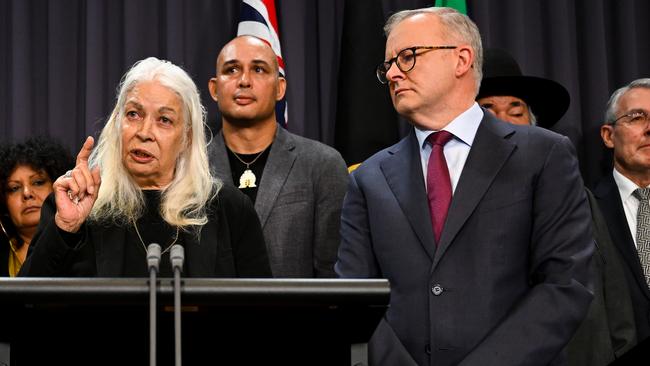
Langton says she doesn’t suggest No voters are racist. She refers only to the tactics used by the No campaign itself.
But, as one of the more prominent advocates, Langton’s comments inevitably will be conflated with an argument that this is a view implicitly shared by the government.
Albanese will need to distance himself from this suggestion.
He is now facing a seminal period for his leadership as the political dominance of the government is challenged and the voice debate deepens into partisan territory.
Thursday marks the last sitting day of parliament before the October 14 referendum.
There is an expectation that Labor MPs will return to their electorates and campaign for the next four weeks in support of the Yes case.
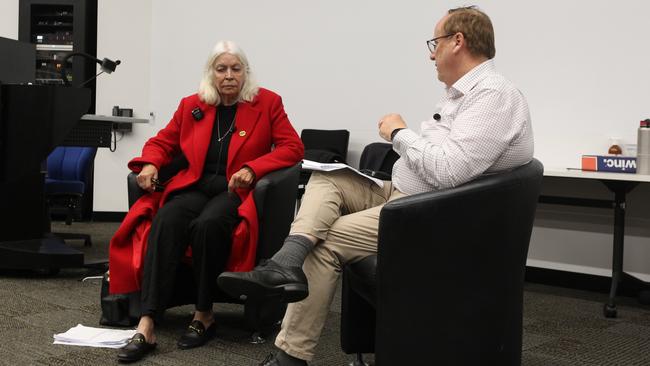
Albanese has implored his MPs and senators to talk to as many people as possible.
Supporters of the voice will be expecting the same of the Prime Minister.
Labor campaign director Paul Erickson told the caucus he believed there were 5 million people who are genuinely yet to make up their minds. The referendum was there to be won if they can be convinced.
The energy being directed toward the campaign from inside Labor now stands in stark contrast to what Peter Dutton is expecting of his own MPs.
He wants them to steer their efforts into a month-long local campaign over cost of living.
Dutton’s claim is that the Albanese government is mismanaging its priorities and failing to listen to the concerns of most Australians.
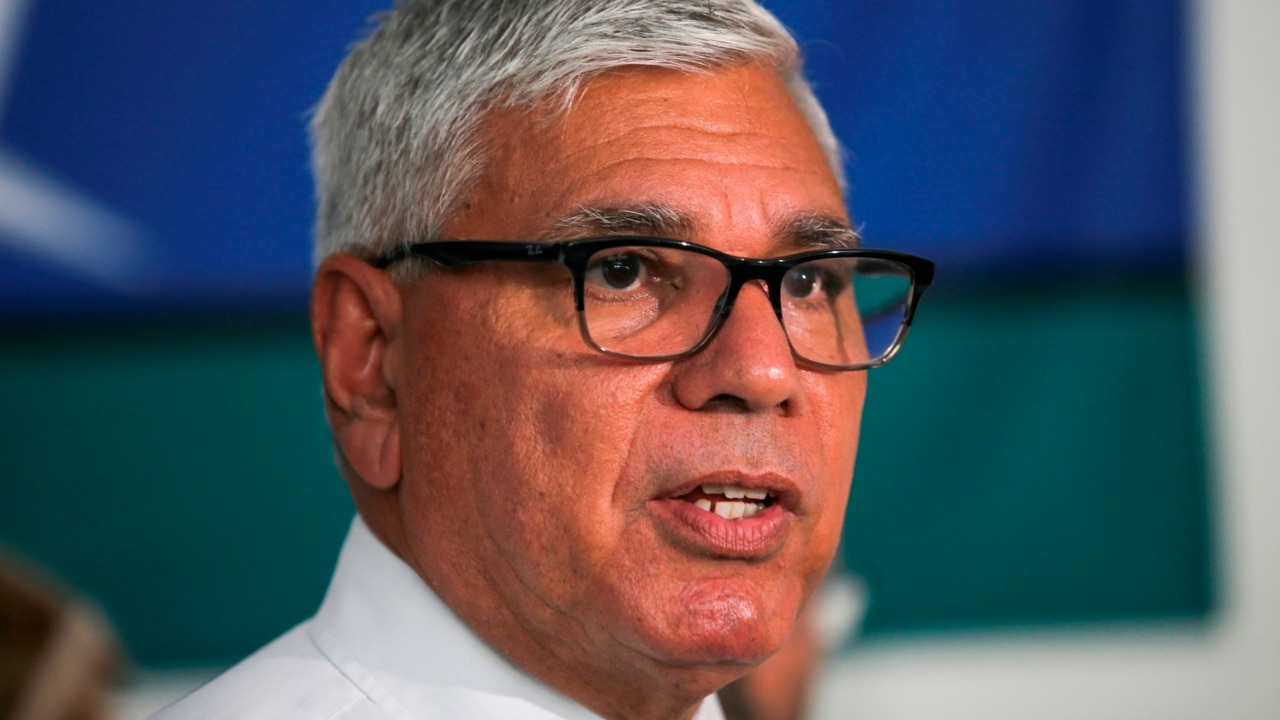
This has now become the fulcrum upon which the political contest will swing until parliament returns on the Monday following the referendum. The Liberal leader told his party room on Tuesday that whatever the outcome, the nation will emerge “bruised” from the experience.
He is now trying to recast the political contest over the voice referendum as a character test for Albanese. He seeks to define Albanese as arrogant and divisive. The government labels Dutton as the architect of lies and mistruths.
“Despite the Prime Minister’s statements that no issue could be more important than this, he’s also made it clear that if the referendum is voted down, that he won’t take the issue back up again,” he told Coalition MPs.
“Either you’re consistent with your views or you are not, it’s a test of character. Our position on recognition across multiple governments and parliaments remains, and our commitment to working towards finding a bipartisan way forward continues.
“Whatever the outcome of the referendum, on October 15th our nation will be bruised,” Mr Dutton said, according to a Coalition spokeswoman.”
The Prime Minister’s message to his caucus was one of hope. Hope that he prevails.
“This is about a request from Indigenous Australians to make decisions with them, not to them,” the Prime Minister told colleagues at a caucus meeting on Tuesday. “We need to keep talking to as many people as possible in the coming weeks.”
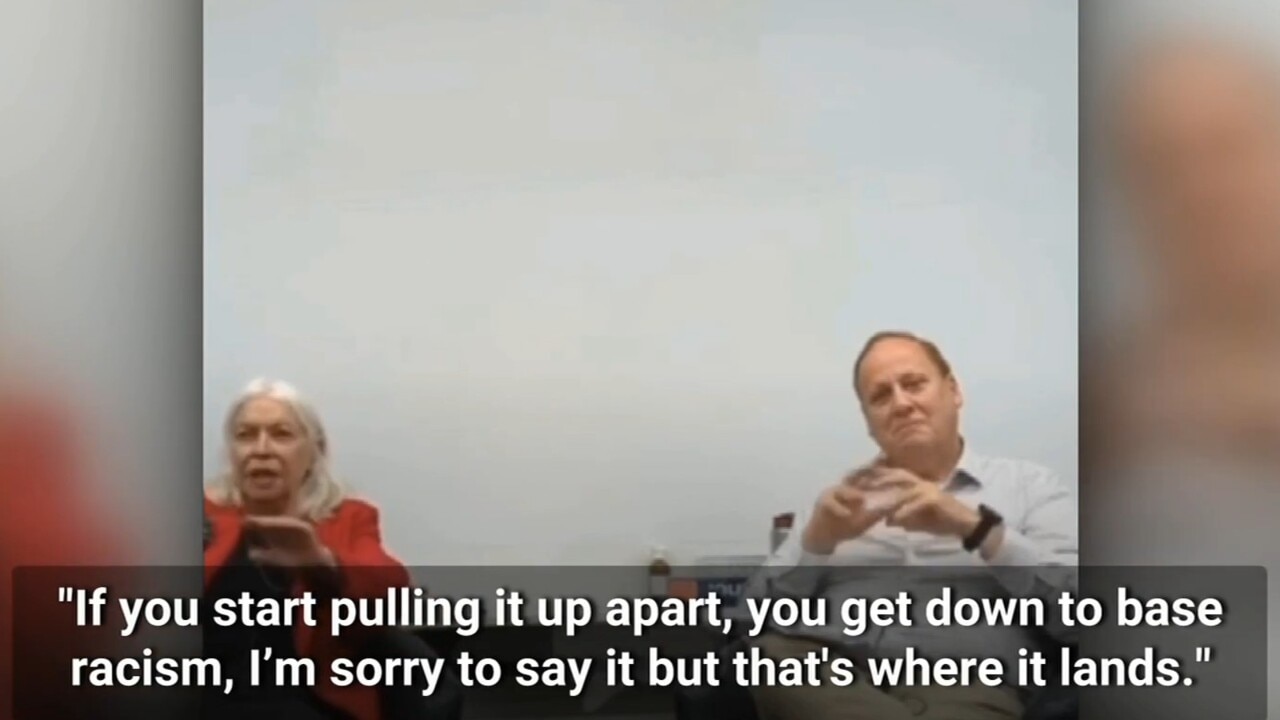
Like Dutton, Albanese is also framing the political dimension of the referendum as a test of character for the Opposition Leader.
“Peter Dutton is a man who didn’t just oppose the apology, but who thought it was so abhorrent he walked out,” Albanese told his caucus.
But it is Albanese, rather than Dutton, who now faces a critical political juncture. To succeed on the voice will in part require him and Labor MPs and senators to fully engage over the next month.
The risk is the absence of attention to cost-of-living issues over a prolonged period of time and the extent to which electoral tolerance will afford the government room on this issue. Albanese insists he can do both. This is now about to be put to the test.


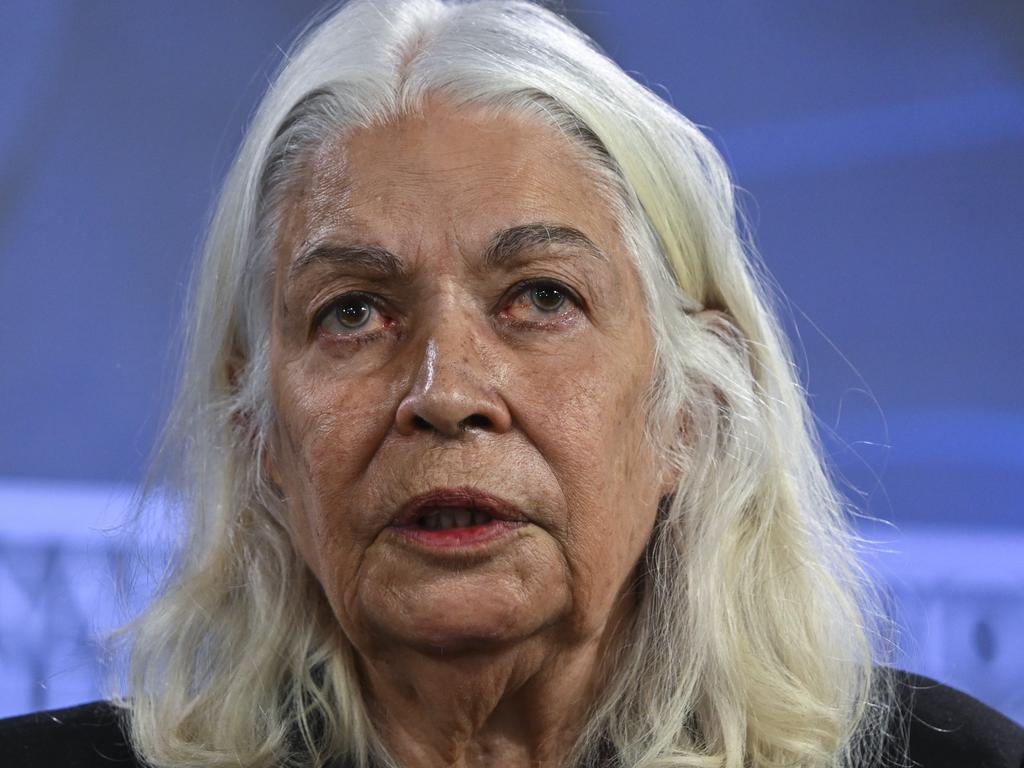
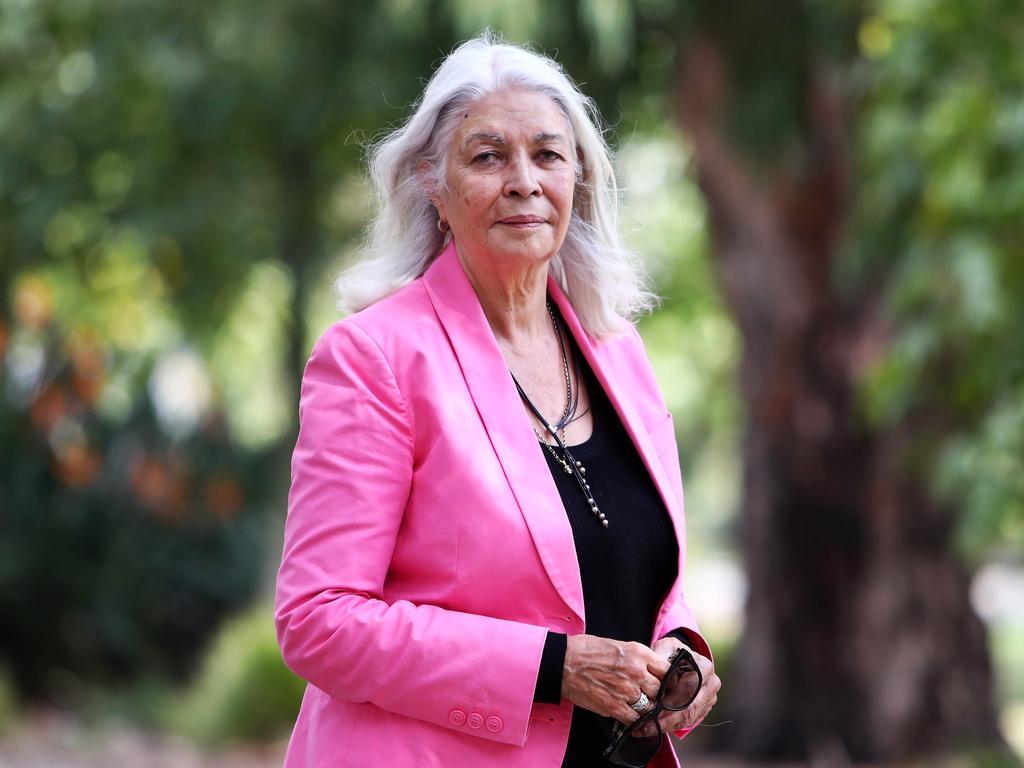

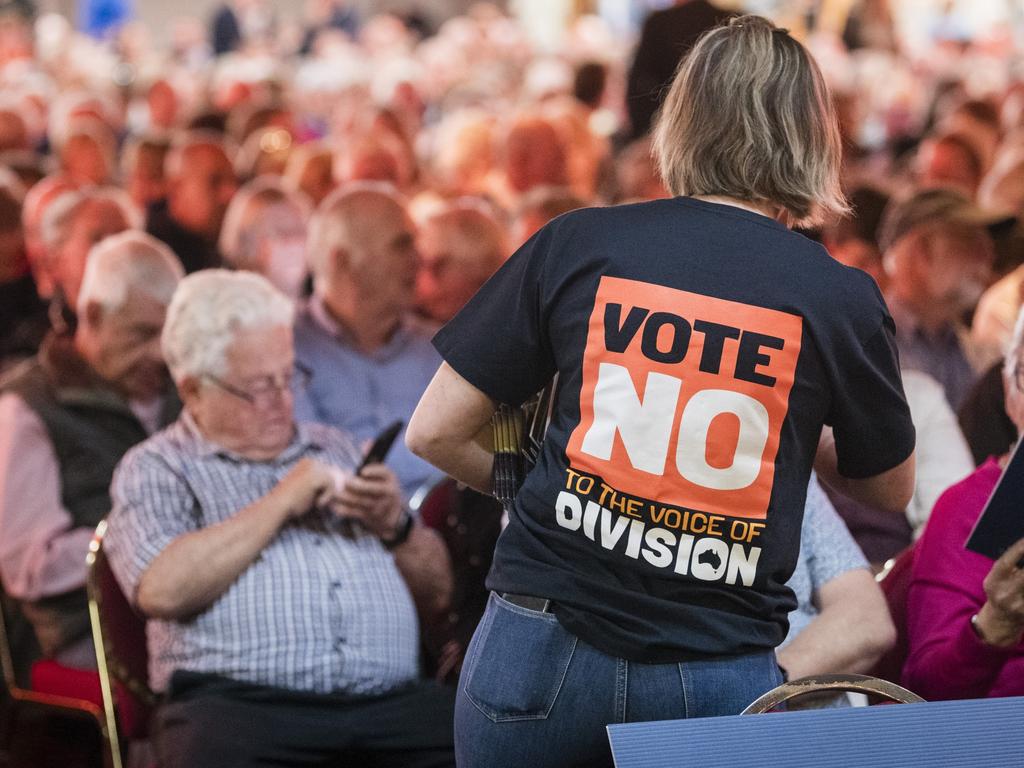


Marcia Langton’s comments that the No campaign was engaging in racism and stupidity have made life acutely more uncomfortable for Anthony Albanese.